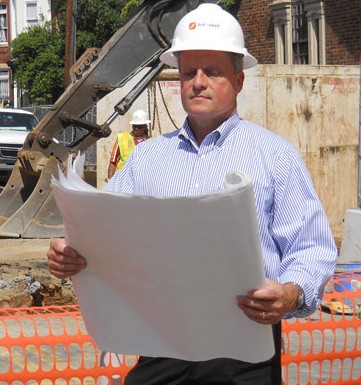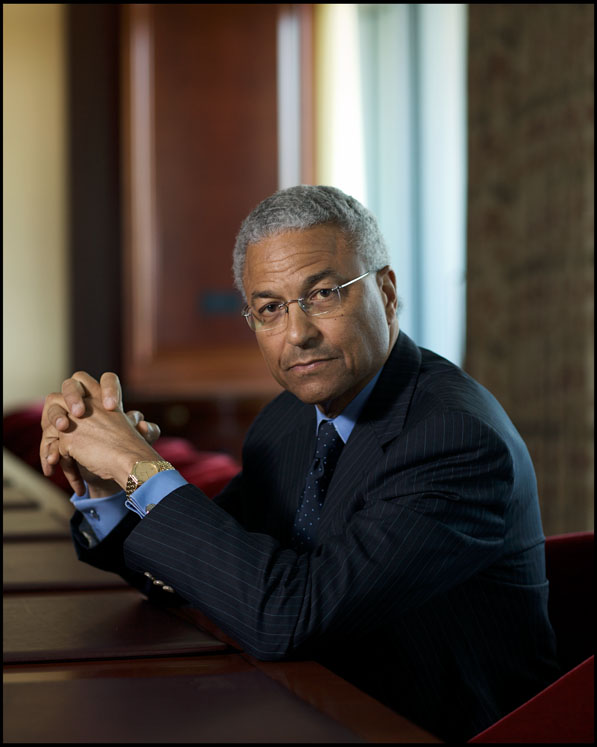In 1997, Paul Rooney left a large consulting company to set up his own insurance-consulting firm. Twenty accounts from his previous company followed him, and while not much was certain, he knew that maintaining open, trusting relationships with those clients would be the bedrock of his new business. He quickly added to his firm by selecting two similarly committed partners: first, Ingrid Melvin, and then Tom McCormick. Fifteen years later, Rooney has three partners, and their Boston-based company, EBS Capstone, works with 160 middle-market clients, helping them evaluate and implement employee-benefits programs. Rooney and senior partner Mim Minichiello tell Profilehow EBS CAPSTONE has made and sustained a reputation as a leader in its industry throughout the years.
1. Give Clients the Best Team
While EBS Capstone works with many clients from a range of industries, the company’s management has been committed to its partnership model, meaning that each client works directly with one of the company’s senior partners. This may seem like a simple gesture, but Rooney says it is a far cry from how many companies in the industry operate: “A lot of [other] consulting firms will bring in their A-team to close a deal, but then you’ll work with someone just out of school,” he says. “[With us], you’re with one of the partners from the beginning to the end. There’s always a senior person driving strategy and solving problems.”
2. Hire and Develop Specialists
Too often, says Rooney, consultants will outsource specific areas—like compliance or work-site wellness—to outside vendors, leaving clients shuffling between many different contacts. Worse, some might have employees without a certain area of expertise advising clients based on their own makeshift research. EBS Capstone has made it a point to hire and develop specialists that take the company’s services beyond the basics of designing benefits programs. As a result, EBS Capstone can consult on a variety of specific topics with outstanding subject-matter expertise.
3. Invest in Employees
EBS Capstone takes great pains to hire quality employees, but it also supports those hires by providing them with a stimulating work environment that offers room to grow. EBS Capstone provides training and mentoring to its employees, and insures that they receive structured feedback on their performance. In addition, EBS Capstone’s compensation structure aligns everyone’s objectives, from retention to new-business production. “It was common to hear about a salesperson skipping into the office cracking champagne because they just got a big account, but the account people weren’t happy because it just meant more work for them,” Rooney says. “We’ve developed a compensation system whereby retention is rewarded as well. It keeps everyone pulling in the same direction.”
4. Get Involved
EBS Capstone was one of the founding members of United Benefits Advisors (UBA), a consortium comprised of 150 independent insurance advisers that creates an environment designed to leverage the collective wisdom of these insurance professionals. The consortium conducts meetings three times a year and invests in the technology, research, and resources. The alliance was originally formed, Rooney says, out of a desire to support clients who were growing into multistate corporations, and it casts a wide net for the member firms, allowing them to consult one another peer to peer and stay on top of industry developments. “It’s been a great resource for the principals and the whole staff,” Rooney says. “There’s a lot of both direct and indirect benefits to our clients.”
5. Cultivate Fans
Part of what has made the growth of EBS Capstone is its ability to keep clients feeling satisfied and secure when working with the team, and its plan for how its client’s needs might evolve over time. “We really look forward to see what the future needs of our clients are going to be,” says Minichiello, citing the company’s 98 percent client-retention rate. “As companies are bought or sold, and therefore [change] their HR and finance leaders, those leaders come back and call us from their new companies … It’s the greatest demonstration of the value of the work we do.”

